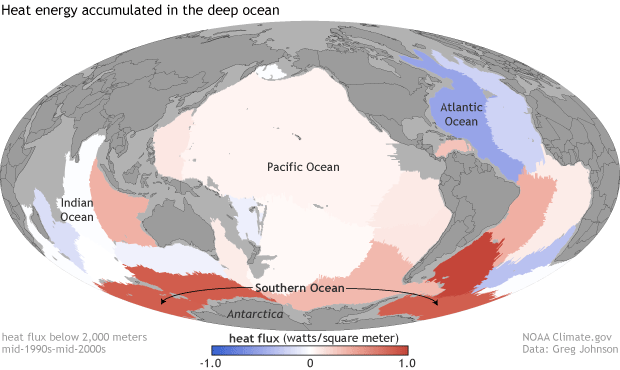Doing right by the climate in an era of crisis fatigue

Today in the news is more about the horrific internment camp situation at the border. We’re teasing at war with the Middle East. Women’s reproductive rights are under siege in the U.S. So much is immediate, daunting, unmanageable, that people get overwhelmed or simply stop reading, watching and discussing current events.
Meanwhile, the climate. As you know if you are still able to bear reading the reports, the planet is slowly – and to some extent irreversibly – headed for an extinction, environmental, economic, and social catastrophe. But while the problem looms huge, the changes in daily life so far, with the exception of more frequent and more damaging severe weather events, sea level rise and other early warnings around the world, appear (to many people, anyway) gradual.
So, why focus today on a problem that can be addressed tomorrow, especially when we have so many other immediate challenges? If you have read this far, you no doubt know the answer. We’re running out the clock, if we want to avoid the worst long-term effects of climate change.
Unfortunately, the current U.S. administration does not agree with the UN and others who have studied the problem in-depth. Putting political and economic exigency over long-term planning, it takes a head-in-the-sand, delay-and-distract approach to climate. Why believe the science? Moreover, why risk the extreme well-being of the fossil fuel companies that benefit from the status quo? Vice President Pence, never a friend of the environment, made this viewpoint devastatingly clear in a June 23, 2019 CNN State of the Union interview with journalist Jake Tapper, in which Pence stalwartly refused to answer the question about whether climate change is a crisis, instead returning to the talking point that the administration won’t be taking any chances with “green” policies that (he threatens) could raise utility rates: “Look, what the President… has said, what we have said is that we’re not going to raise utility rates.” And that, apparently, is that.
The climate crisis cannot wait for a forward-thinking U.S. administration. It can’t even take a back seat to the desire not to upset business as usual. The need to slow the change we are causing in our climate is both important and urgent. Important AND urgent because, if we don’t put the brakes on the planetary warming now, many of the other genuine concerns we face in 2019, including massive human migration, threats of war and war itself, and an always-fragile economic prosperity, will surely worsen over coming decades. In fact, some of the challenges we face today – Should we fix the highways? Build high-speed rail? What about healthcare for all, and pharmaceutical prices? – could in retrospect look enviably simple to fund, repair or otherwise resolve. That’s because we are staring down a future in which, according to a number of experts, including the authors of the distressing May 2019 report, “Existential climate-related security risk: A scenario approach”, we may endure a substantial collapse of civilization as we know it. Antibiotics? You should be so lucky as to get any. Food prices? Worry about getting sufficient nourishing, safe food at all. Jobs? Affordable college education? In a time of collapse, our current concept of the economy could be turned on its head.
Whether such a worst-case scenario will happen (or whether it will happen in 50, 100 or 200 years) is not certain. What IS certain is that we are racing toward a frightening future for humanity. (“We” includes all of us, especially those of us who live in the developed world.)
Given the combined importance and urgency of the climate change mitigation and adaptation tasks ahead of us, and given as well the crisis fatigue many caring people face right now, how do we go forth? I suggest that concerned individuals just start somewhere, even starting very small. Find one or a few ways to make a difference. These can be local efforts (actively support public transit, or write to state and local leaders about issues that will help slow climate change). Any of us can focus on one or more areas that will matter in the future – water management, promotion of electric vehicles, making and sharing vegan or flexitarian dietary choices, choosing to have fewer or no children at all, or supporting others in the freedom to make the choice to be child-free without feeling shamed. Speaking up to politicians, civic leaders and friends makes a difference. Voting in every election, and letting candidates know in no uncertain terms our expectations regarding climate matters. Donating money to climate change non-profits allows them to do more heavy lifting.
Finally, yes, climate change activism can be particularly discouraging. The fate of our society and the environment, the future of species, food, natural beauty, and day-to-day safety is all in question. The lives our kids and their kids will live will likely be very different than our own, and not in most cases for the better. This is truly an existential crisis.
So, do make a small difference. Do what you can. Channeling Ovid, you are a drop of water falling on stone. You, along with all the drops that come before and after, represent the persistence that changes the intractable. As a single drop, whatever difference you can make will have to be enough.